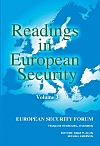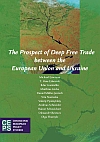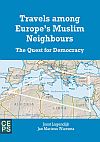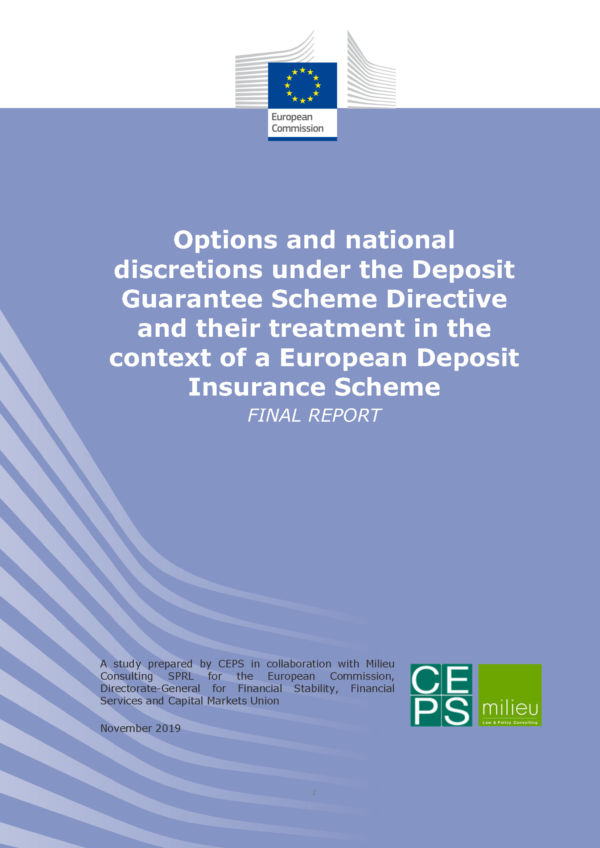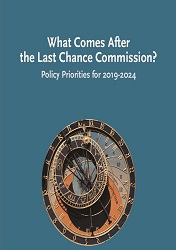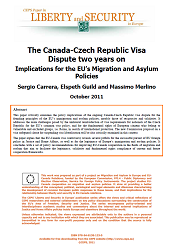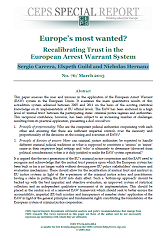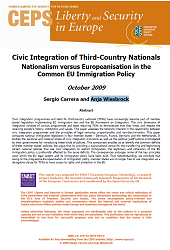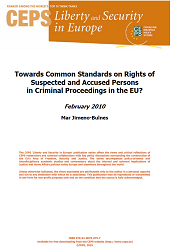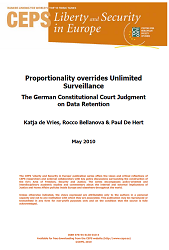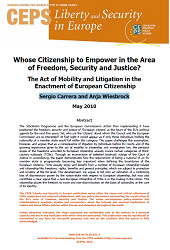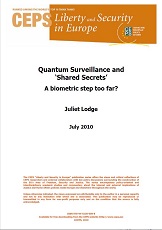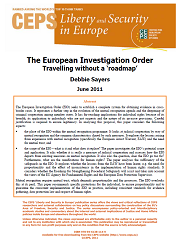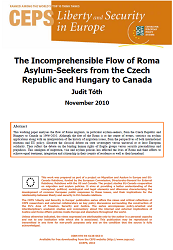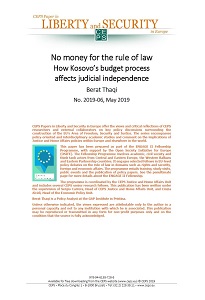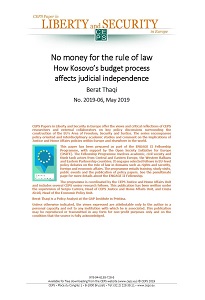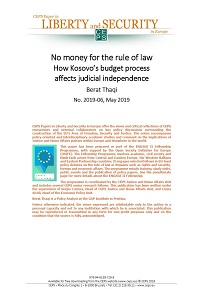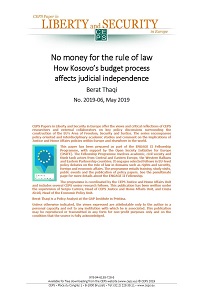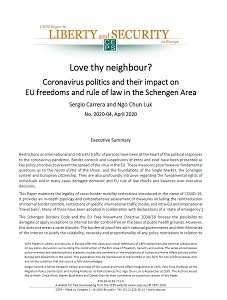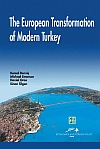
The European Transformation of Modern Turkey
The European Transformation of Modern Turkey
Keywords: Economics and Foreign Policy Forum (EFPF); Turkey’s full EU-membership ; European Union ; potential for economic convergence ; membership negotiations;
The outcome of a research project carried out by CEPS and the Economics and Foreign Policy Forum (EFPF) of Istanbul, this book examines in detail the challenges and opportunities that would arise with Turkey’s full membership of the European Union. The authors, consisting of both Turkish and West European experts, address such controversial issues as Turkey’s cost to Europe, the potential for economic convergence and the implications of Turkish membership for the future of Europe. The authors also identify the areas where a closer cooperation between Turkey and the EU in advance of full membership would be advantageous for both parties. They focus with this aim on a set of measures ranging from ‘virtual membership’ in certain policy areas to more specific transition policies. In short, this book gives a clear picture about the nature of the topics and the issues that would dominate full membership negotiations with Turkey.
More...
